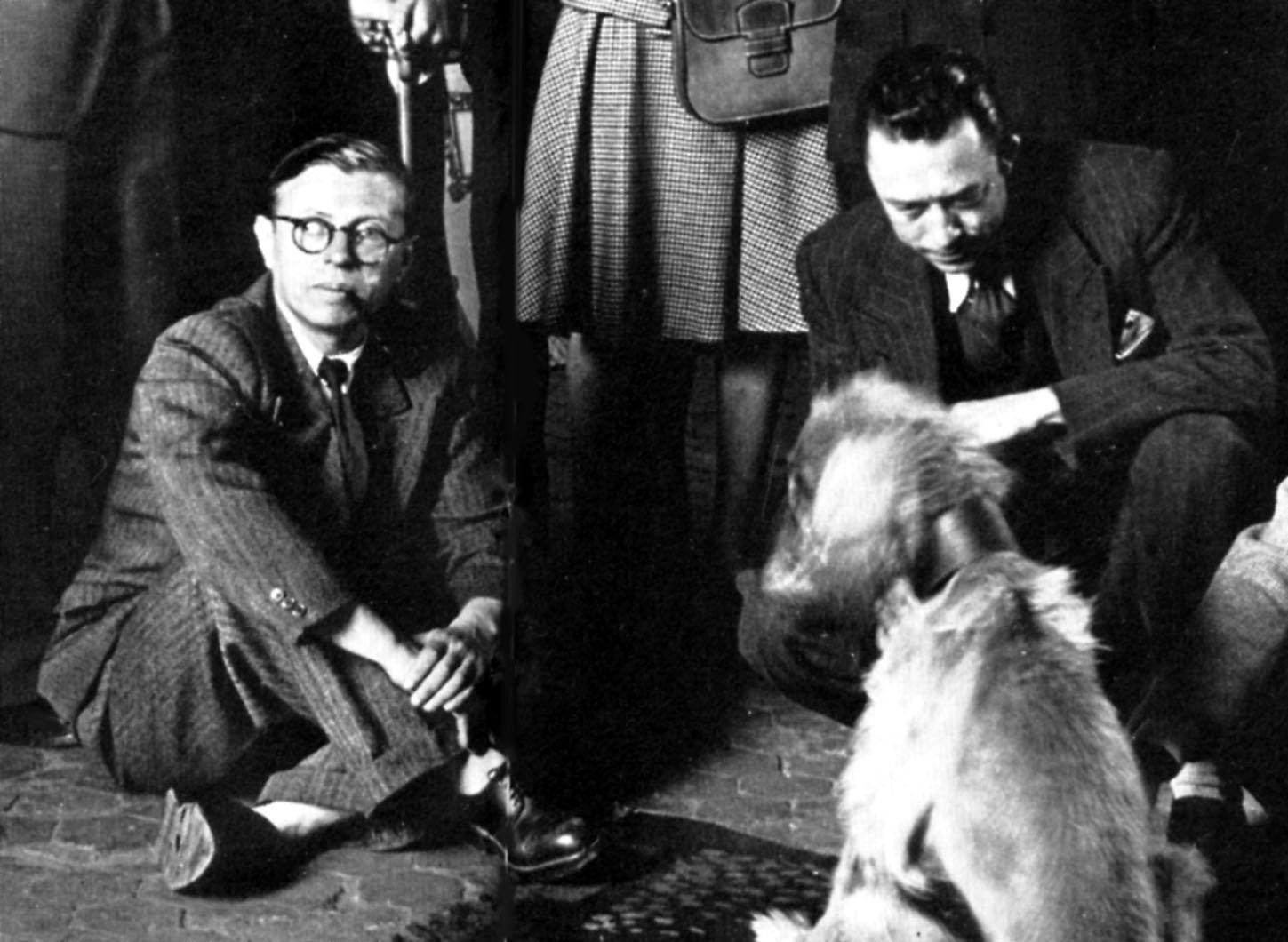Did you know, the average age of a Fortune 500 company today is less than 15 years, as compared to 75 years half a decade ago? If you look at the history of how the global economy has evolved, this is a significant amount of delta over a very short while. A large part of this tectonic shift has been attributed to the rise of startups over the later half of the past decade, and the creative destruction of traditional businesses and monopolies that came with it inevitably.

A lot has been said about how startups are inherently and fundamentally different from traditional businesses.
A ‘startup’ is a company that is confused about: What its product is. Who its customers are. How to make money. — Dave McClure
I find this notion deeply resonating with Jean-Paul Sartre’s border-line uncomfortable, nauseating ideas about life. “Man,” Sartre had quipped, “first of all exists, encounters himself, surges up in the world — and defines himself afterwards.” If you’ve ever had a tryst with building a startup from ground up, or have been a part of a team doing that, you will find resemblance in this quote. The inception is all but the very start of a long, tumultuous struggle for validation of your ideas that you perceive will solve a real problem in the world. But the real definition of what your startup does should be dynamic, adjusting to the ever-changing nature of the original problem you set out to solve. A year or two in the business, assuming that you’re actually trying to build one, you’d realise that most of the original ideas and hypotheses that you started with are either completely unfounded, or precisely on point. Both these things are equally good for your startup, because now you can answer, “what’s next?”.
The basic tenet of existentialism, the school of thought Sartre founded, is that there’s no clear path laid out for human beings. That after being born, we are thrown in this mind-boggling pit of chaos which we call life which doesn’t come with a user manual, and you are supposed to get through it purely based on your learning until one moment before. This thought might be nauseating to most of us, but it most generally makes a lot of sense.
“We do not know what we want and yet we are responsible for what we are — that is the fact.” — Sartre
How does this help us build better startups?
When you are an early-stage startup, you are essentially in a perpetual state of figuring things out. I like to call this the perpetual state of work-in-progress, which could be a re-phrasing of Dave’s quote about startups. When you start building a startup, you first find a problem and envision a solution that would solve this problem in a way that creates value — that’s your point A. How big your startup will eventually be depends on how big and pressing the problem is, and how valuable your solution becomes for the users you’re solving for — that’s your point B. This can be considered a general rule of thumb for both B2C and B2B startups.
The journey from A to B defines the impact your business makes. This journey is characterised by the decisions you make, big and small, inward and outward. The one thing that never changes is that the problem you set out to solve will constantly change with time. Affected by numerous factors, the nature of your one big solution must change in its scope to adjust for the dynamic nature of the problem you’re solving.
Adjusting your startup’s vision and execution constantly, thereby, is a manifestation of Sartre’s philosophy. Assimilation of this notion allows us to re-invent ourselves multiple times while calibrating for change. While this sounds pretty straight-forward and common sense, it is substantially difficult to actually put in practice, especially when you’re trying to assemble your aircraft on your way down from the cliff.